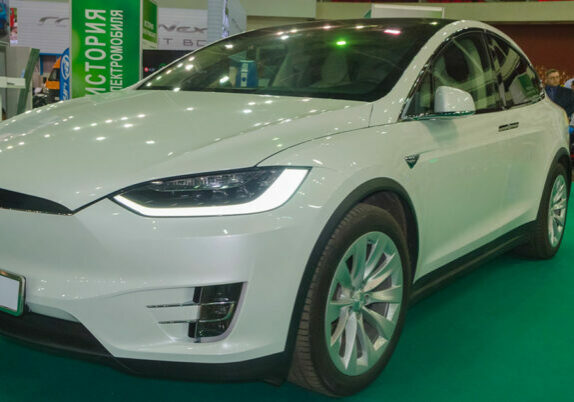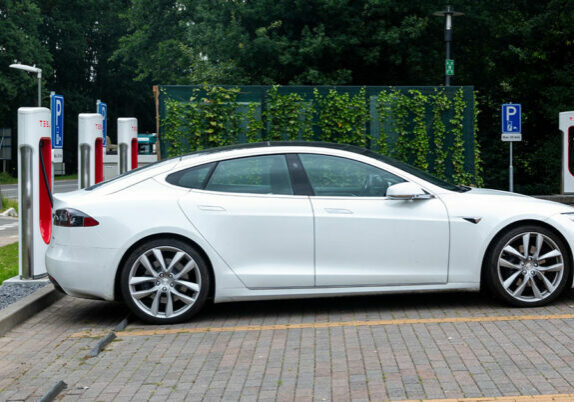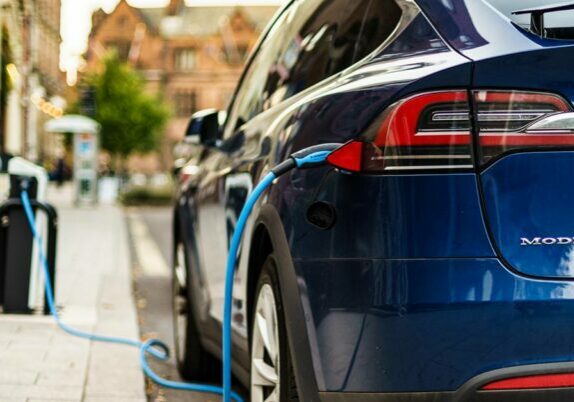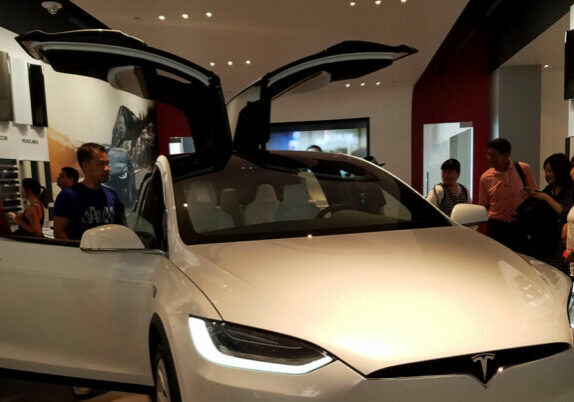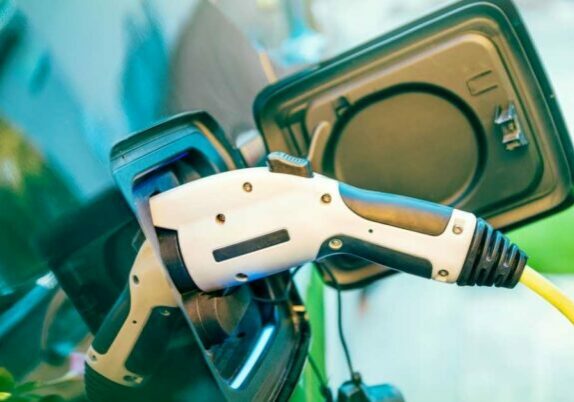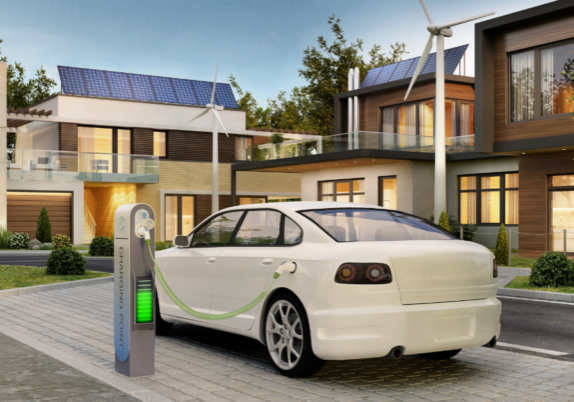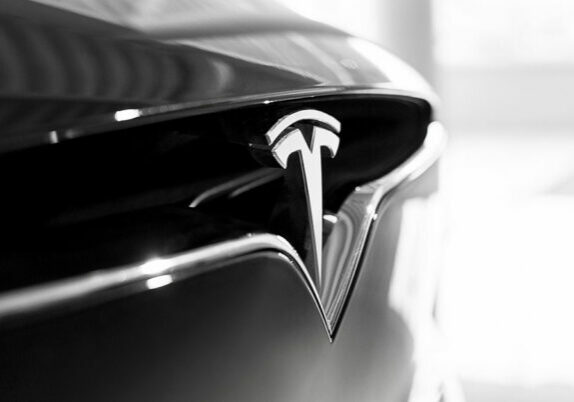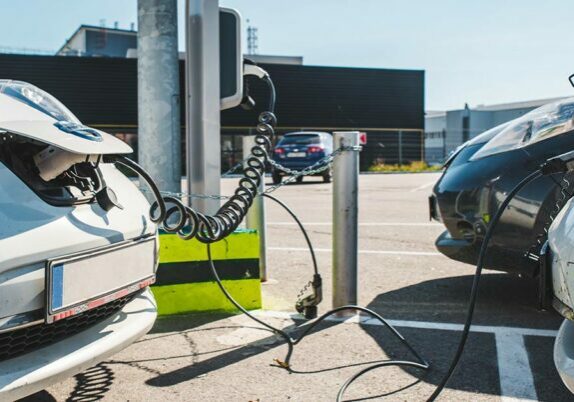Electric vehicles (EVs) have rapidly gained popularity among environmentally conscious consumers in recent years. As the world grapples with the effects of climate change, the need for sustainable transportation options has become more pressing. One of the main concerns for potential electric vehicle owners is EV charging costs.
So let’s break down the monthly cost of charging an EV and compare it to the cost of driving a gas-powered car. We will provide practical tips to help drivers save money on charging their EVs and demonstrate how investing in an EV can result in significant savings in the long run.
To understand EV charging costs, it is important to consider the factors that influence it, such as the cost of electricity, the efficiency of the vehicle, and the charging method used. As the technology behind EVs continues to evolve, the cost of batteries and other components is decreasing, making them more affordable for the average consumer. Moreover, with the proliferation of charging stations, EVs have become more convenient to use, even for long-distance travel.
Key Takeaways
- Charging an EV at home is cheaper than refueling a gas-powered car, and the cost of charging an EV for a 300-mile drive is less than half of what it costs to fuel a gas-powered car.
- Total EV charging costs depend on electricity rates and the charging method used, but practical tips can help drivers save money on charging their EVs.
- EV technology is becoming more affordable, and the cost of operating an EV is significantly lower than a gas-powered car, resulting in long-term savings from reduced fuel costs.
- Encouraging the switch to EVs requires addressing customer concerns and providing information on the efficiency and financial benefits of green driving, which can be a step towards a greener world.
Electric Vehicle Costs
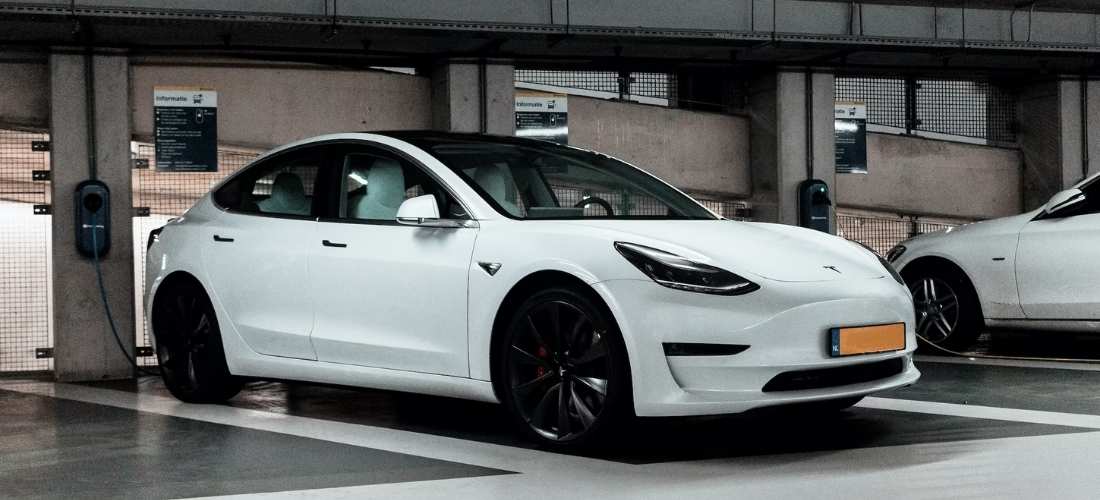
white car saving money docked ev charging
The cost of charging an electric vehicle is a key consideration for those looking to switch to greener driving. Of course, EV charging costs depend on electricity costs and can be determined using a calculator. Newer EVs can hold up to 100 kWh of electricity and it costs an average of $14 to charge them to full capacity when charged at home. This is based on $0.14 per kWh of electricity in America.
Compared to gas-powered cars, EVs offer potential savings in the long run and traditionally the cost of gas tends to increase at a faster rate than the cost of electricity. A 100 kWh EV with a 3 mile efficiency rating can drive up to 300 miles before needing to refuel. Again, this cost is $14. In comparison, the cost of driving 300 miles in an average gas-powered sedan could be between $28 and $35.
To provide a clearer picture, the table below compares the cost of driving 300 miles in an average sedan using gasoline versus charging an EV with a 100 kWh battery. The calculations assume an average cost of gas in 2021 at $3.16 per gallon and an average electricity cost of $0.14 per kWh.
| Type of Car | Gasoline Car | Electric Car |
|---|---|---|
| Fuel Type | Gasoline | Electricity |
| Fuel Efficiency | 30 miles per gallon | 3 miles per kWh |
| Fuel Cost | $28.57 | $14.00 |
| Total Cost for 300 Miles | $28.57 x 10 = $285.70 | $14.00 x 100 kWh ÷ 3 miles per kWh = $466.67 |
| Cost per Mile | $0.95 | $0.49 |
As the table shows, charging an EV for a 300-mile drive costs less than half of what it costs to fuel a gas-powered car. This is a significant financial benefit for EV owners, especially when considering the long-term savings from reduced fuel costs.
Frequently Asked Questions
Can you charge an EV at any charging station or do you need a specific type of charger?
EVs can be charged at any charging station, but the type of charger required may vary based on the EV’s charging capacity, vehicle and region of the world. Public charging stations may also have different charging rates and costs. It is recommended to check compatibility before charging.
How does the cost of charging an EV at home compare to charging at a public charging station?
The cost of charging an EV at home is generally cheaper than charging at a public station, as the average cost of electricity is lower. However, public charging stations may offer free or discounted charging options, depending on the location and provider.
How long does it typically take to fully charge an EV?
The time it takes to fully charge an EV depends on the charging method and the battery capacity of the vehicle. Using a Level 1 charger at home can take up to 20 hours, while a Level 3 DC fast charger can charge an EV to 80% in as little as 30 minutes.
EV Charging Cost vs. Fueling Cost
The cost of charging an EV is significantly lower than the cost of fueling a gas-powered car. While the initial cost of purchasing an EV may be higher, the savings in fuel and maintenance costs over time make it a more financially sound choice, especially when you consider tax benefits. It is also important to note that the cost of charging an EV varies depending on factors such as location and time of day, but there are ways to save money such as charging during off-peak hours and taking advantage of incentives and rebates.
Moreover, the benefits of driving an EV extend beyond just financial savings. EVs produce zero emissions, which contributes to a greener and more sustainable future. With advancements in technology and infrastructure, the popularity of EVs is only expected to continue to rise.
As more people make the switch to electric, the cost of charging is likely to become even more affordable. In the meantime, investing in an EV can result in significant long-term savings and contribute to a cleaner and healthier planet.

